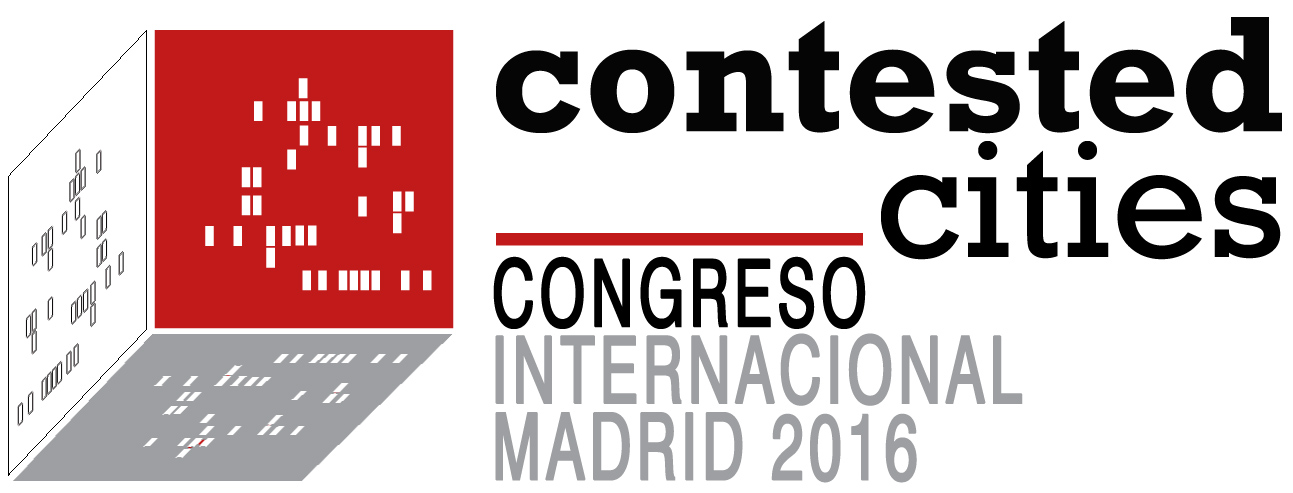STREAM 1: Concepts for critical urbanisms - beyond the new global urban question
Cities across the globe have always been contested spaces. Neoliberalism gets variegated, austerity urbanism travels through policy mobility dispossessing people and social groups, whilst grassroots project their right to the city aiming at social justice.
Theorisations about dispossession, social and spatial injustice and the right to the city might only be a starting point for the debate that we endeavour to develop.
Contributions should focus on one or several of these questions:
- How can we move beyond and deepen debates in urban theory?
- In what ways can our theoretical lexicon be updated in order to address the current political movement?
- How can theoretical discussions inform practice, providing meaningful knowledge for urban struggles and transformations?
STREAM 2: The global urban housing question – actors, experiences and struggles
For many across the world, housing is an unfulfilled human right. Contemporary housing production is evermore related to processes of privatisation and financialisation linked to the increasing importance of transnational investors in local housing markets. Simultaneously, housing policies are designed to encourage capital circulation in the built environment, enforcing various forms of deprivation, exclusion and urban enclosure.
We encourage papers tackling the housing question by addressing one or several of the following questions:
- How is the global urban housing question manifested in everyday experience, and what are its primary causes?
- What is the relation between housing policies, real estate markets and the right to housing?
- What processes of transnationalisation and financialisation of housing markets are taking place in different local contexts? Who are the new global landlords?
- What challenges to the housing question are being posed by contemporary housing movements? What is the emerging alternative right to housing?
STREAM 3: New regimes of expulsion – shedding light on the violence of displacement
Displacement is a notion which characterises the deep transformations in contemporary cities, highlighting the existence of socio-spatial injustice. Massive displacement through mega urban development is ongoing in cities of Brazil, India and China, large-scale housing evictions are occurring across Southern Europe, while housing prices in London and transnational investment in Berlin are expelling the poor. We are interested in bringing together critical urban insight into issues related to political conflict, migration, the anthropology of violence and displacement.
In this stream we encourage debates which engage with the following questions:
- Which policies and discourses promote and naturalise displacement?
- What we can learn from local case studies that address processes of displacement via accumulation by dispossession?
- How is displacement accomplished in different places?
- What are the emerging means of social control and violence in public and private space?
- How can the mainstream discourses, which legitimise displacement, be challenged and reversed?
STREAM 4: New forms and limits of gentrification
Gentrification is an established academic concept that has penetrated activist and policy debates in many corners of the world. Gentrification is only not restricted to housing markets and neighbourhood transformation. The rising phenomenon of retail gentrification is transforming the commercial landscape of our cities, with the domination of international retail giants, displacing traditional businesses and low income shoppers. The change of use values into exchange values, the displacement of the previous actors, the eradication of everyday rhythms and the imposition of new lifestyles and cityscapes dictated by capital and the state become mode of the various nuances of gentrification.
In this stream we encourage discussion over the new forms, practices and spaces of gentrification, by focusing on the following questions:
- Which are the new forms and spaces of gentrification?
- How is space being re-invented?
- What new practices (affective, symbolic, resistant) foster or challenge gentrification?
- What can we learn from anti-gentrification activists about the building of a more just city?
STREAM 5: The new urban alternatives – Social Movements, Their Socio-Spatial Practices and the use of Visual Methodologies
Cities are contested spaces where actors in asymmetric power relations struggle over different conceptions of urban development, justice, planning and politics. By overtly rejecting the neoliberal rationale, grassroots movements aim to re-establish direct democracy and launch new approaches to commoning, social solidarity and alternative values that may crack capitalism.
This stream calls for papers on socio-spatial justice which address the questions below. In addition, it aims to explore the potential of audio-visual methodologies.
- What does the right to the city, social and spatial justice mean in different socio-economic and political contexts?
- How have collaborations between social movements and local governments brought about new urban policies and politics?
- What is the emerging role for social movements in relation to local, regional and central governments in places in political transition?
- How do anti-capitalist movements construct urban social spatial relationships?
- What potential is there for visual methodologies and what challenges do they pose?
